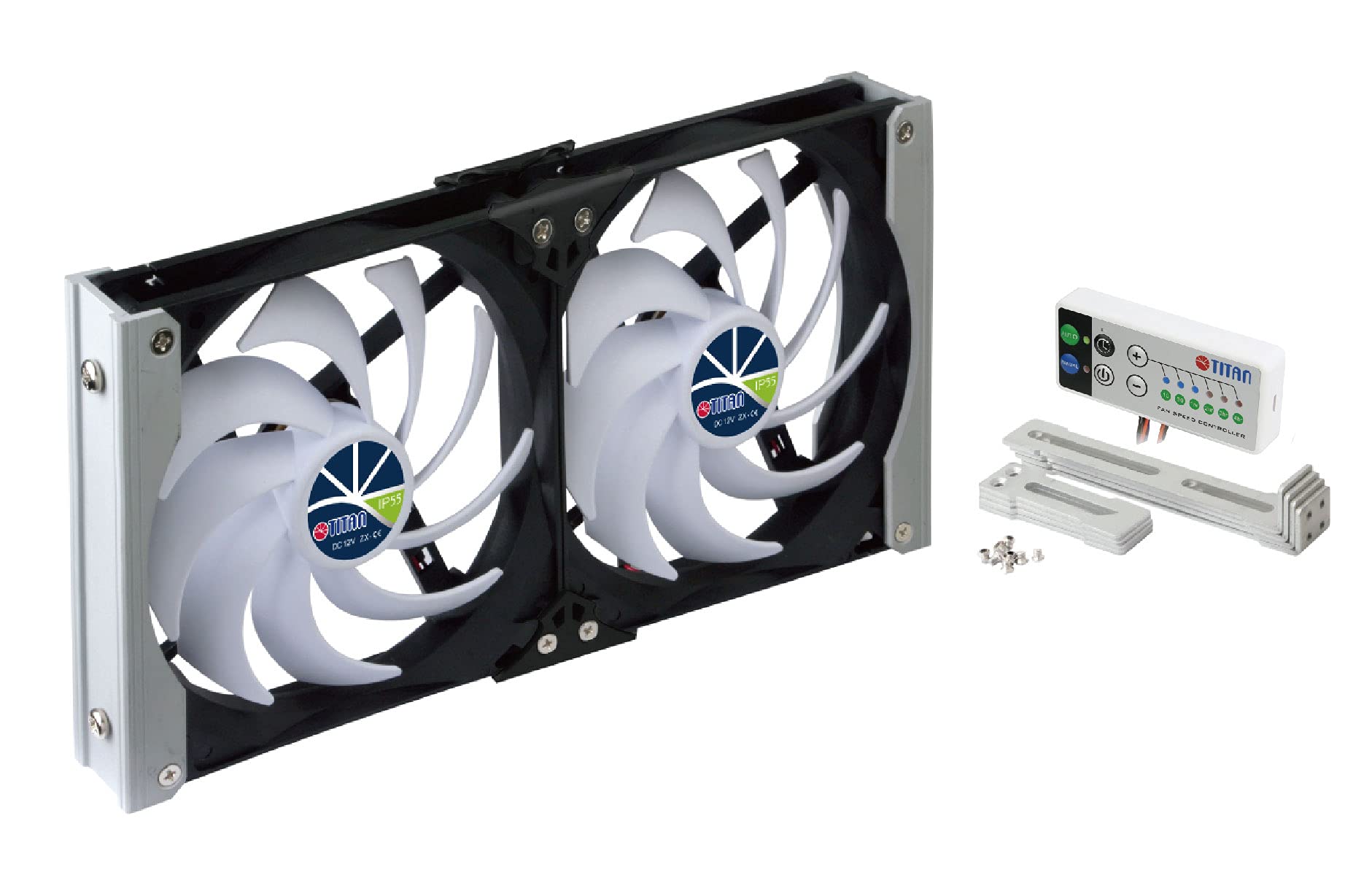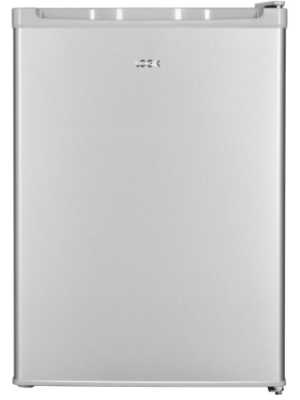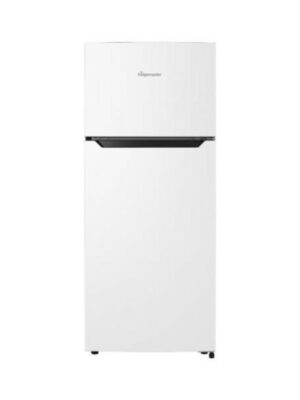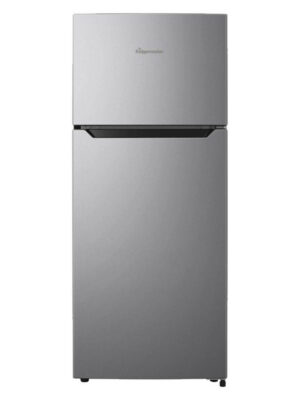In the world of off-grid living, caravanning, on a narrowboat, or simply wanting more flexibility in our daily routines, 12V fridges have become a staple.
These compact appliances offer the convenience of keeping food and beverages cold without relying on traditional power sources. However, a common question that arises among users is whether a 12V fridge needs ventilation. In this post, we’ll delve into this topic to provide a clear understanding of the role ventilation plays in the performance and longevity of your 12V fridge.
Firstly, let’s address the basics. A 12V fridge operates on direct current (DC) power, typically sourced from a battery, a solar panel system, or a vehicle’s electrical system. Unlike traditional refrigerators that use compressors powered by alternating current (AC), 12V fridges utilise thermoelectric or compressor-based cooling systems tailored for low-voltage applications.
Now, to the question at hand: does a 12V fridge need ventilation? The short answer is yes, ventilation is crucial for optimal performance and efficiency of your 12V fridge. Here’s why:
Heat Dissipation: Like any refrigeration system, 12V fridges generate heat during the cooling process. This heat needs to be dissipated effectively to prevent the fridge from overheating. Adequate ventilation ensures proper airflow around the fridge’s components, allowing heat to escape efficiently.
Preventing Overheating: Lack of ventilation can lead to overheating of the fridge’s compressor or other critical components. Over time, this can cause damage to the unit and shorten its lifespan. Proper ventilation helps maintain a consistent operating temperature, reducing the risk of overheating and associated issues.
Optimising Cooling Performance: Efficient ventilation contributes to the overall cooling performance of your 12V fridge. When airflow is unrestricted, the fridge can maintain the desired temperature more effectively, keeping your food and beverages fresh for longer periods, especially in hot environments.
Energy Efficiency: An adequately ventilated 12V fridge operates more efficiently, consuming less power to maintain the desired temperature. When airflow is obstructed, the fridge may need to work harder to cool its interior, resulting in increased energy consumption and potentially draining your battery faster.
So, how can you ensure proper ventilation for your 12V fridge?
Placement: Position the fridge in a well-ventilated area, away from obstructions that could impede airflow, such as walls or other appliances. Ideally, leave some space around the fridge to allow air to circulate freely.
Built-in Vents: Many 12V fridges come equipped with built-in ventilation systems, including fans or vents designed to facilitate airflow. Ensure these vents remain unobstructed for optimal performance.
External Fans: In some cases, especially in confined spaces or high-temperature environments, installing additional external fans can help improve ventilation around the fridge. These fans can be powered by the same 12V system as the fridge for added convenience.
In conclusion, ventilation is essential for maintaining the performance, efficiency, and longevity of your 12V fridge. By ensuring proper airflow around the unit, you can optimise cooling performance, prevent overheating, and extend the lifespan of your valuable investment.
So, next time you set up your off-grid camper or outfit your leisure vehicle, remember the importance of ventilation for your 12V fridge’s wellbeing, and if you’re in the market for a 12V fridge that will serve it’s purpose, then check out our store here at Inlander Low Voltage.





